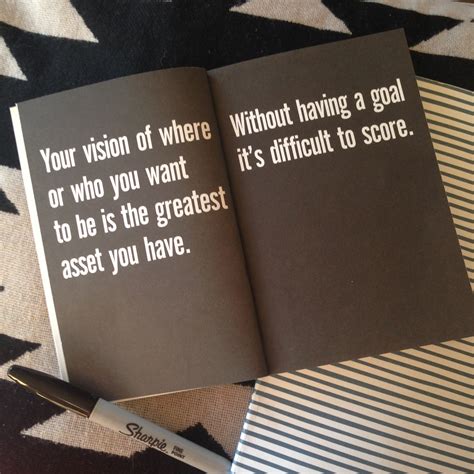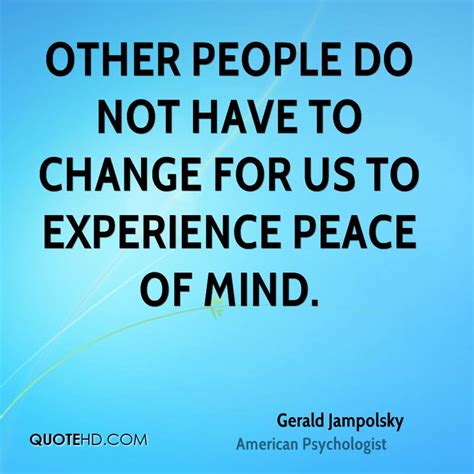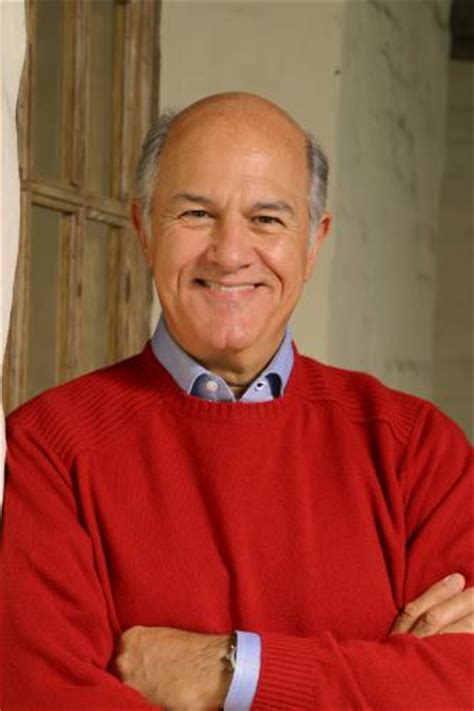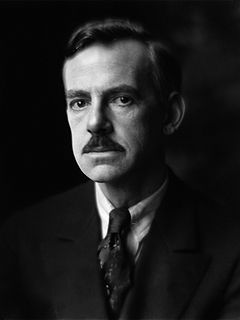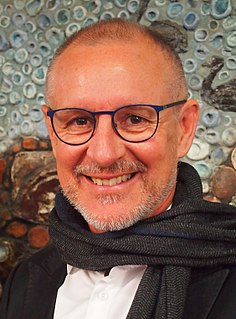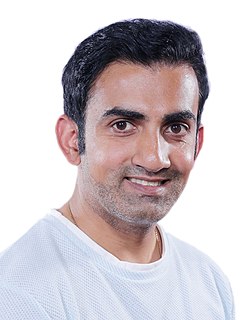A Quote by R. Buckminster Fuller
It is one of the strange facts of experience that when we try to think about the future, our thoughts jump backwards. It may well be that nature has some fundamental metaphysical law by which opening up what we call the future also opens up the past in equal degree.
Related Quotes
Risks are a measure of people. People who won't take them are trying to preserve what they have. People who do take them often end up having more. Some risks have a future, and some people call them wrong. But being right may be like walking backwards proving where you've been. Being wrong isn't in the future, or in the past. Being wrong isn't anywhere but being here. Best place to be, eh?
When we think we have been hurt by someone in the past, we build up defenses to protect ourselves from being hurt in the future. So the fearful past causes a fearful future and the past and future become one. We cannot love when we feel fear.... When we release the fearful past and forgive everyone, we will experience total love and oneness with all.
There is only one law of Nature-the second law of thermodynamics-which recognises a distinction between past and future more profound than the difference of plus and minus. It stands aloof from all the rest. ... It opens up a new province of knowledge, namely, the study of organisation; and it is in connection with organisation that a direction of time-flow and a distinction between doing and undoing appears for the first time.
Every second that passes is like a door that opens to allow in what has not yet happened, what we call the future, but, to challenge the contradictory nature of what we have just said, perhaps it would be more accurate to say that the future is just an immense void, that the future is just the time on which the eternal present feeds.
We human beings have enormous difficulty in focusing on the present; we always thinking about what we did, about how we could have done it better.... or else we think about the future, about what we're going to do.... But at this precise moment, you also realize that you can change your future by bringing the past into the present. Past and future only exist in our mind. The present moment, though, is outside of time, it's Eternity.... It isn't what you did in the past the will affect the present. It's what you do in the present that will redeem the past and thereby change the future.
The human experience can almost be summed up in the observation that, whereas all decisions are of the past, all decisions are about the future. The image of the future, therefore, is the key to all choice-oriented behavior. The character and quality of the images of the future which prevail in a society is therefore the most important clue to its overall dynamics.
Let each of us examine his thoughts; he will find them wholly concerned with the past or the future. We almost never think of the present, and if we do think of it, it is only to see what light is throws on our plans for the future. The present is never our end. The past and the present are our means, the future alone our end. Thus we never actually live, but hope to live, and since we are always planning how to be happy, it is inevitable that we should never be so.

